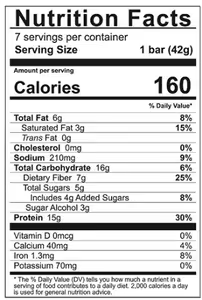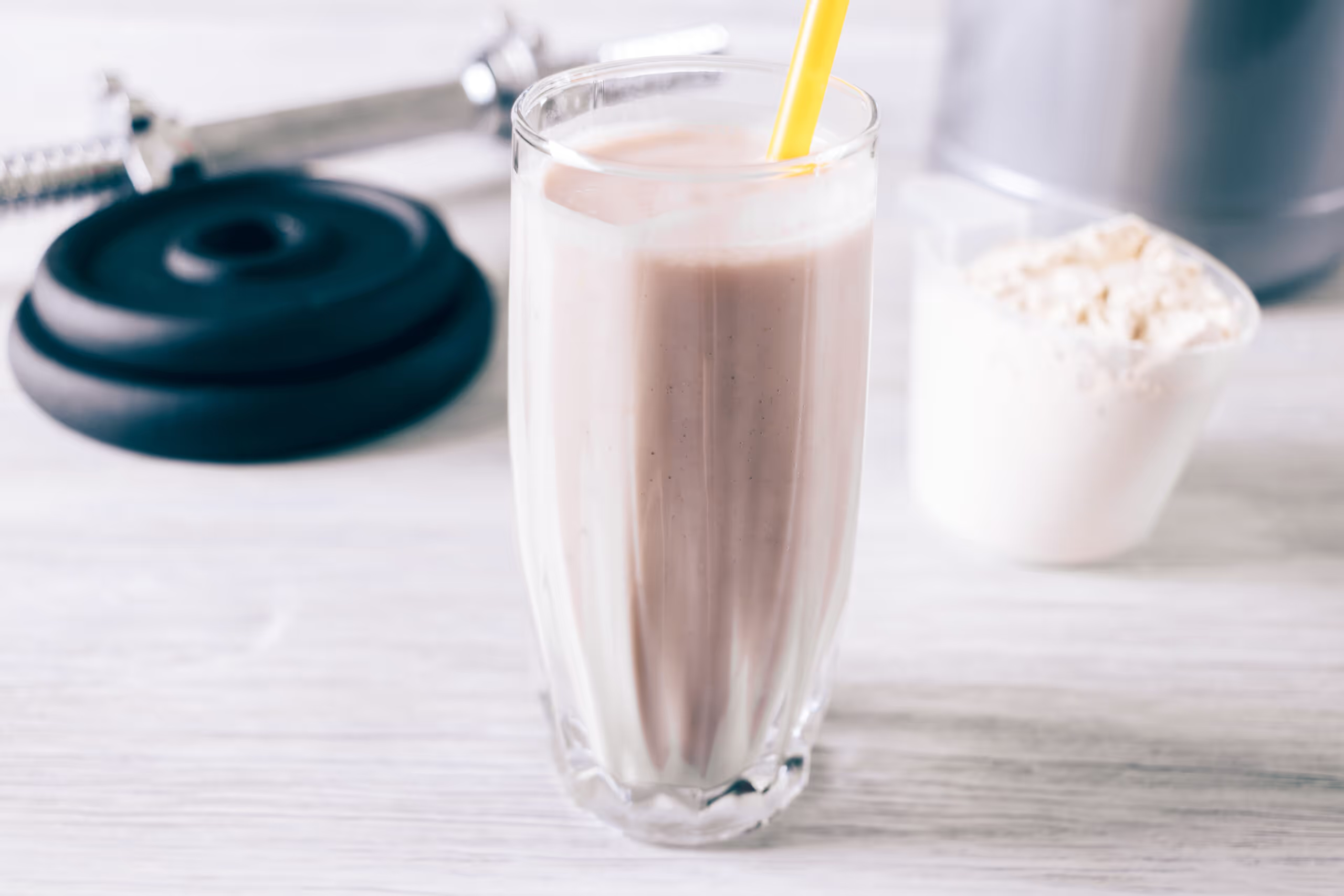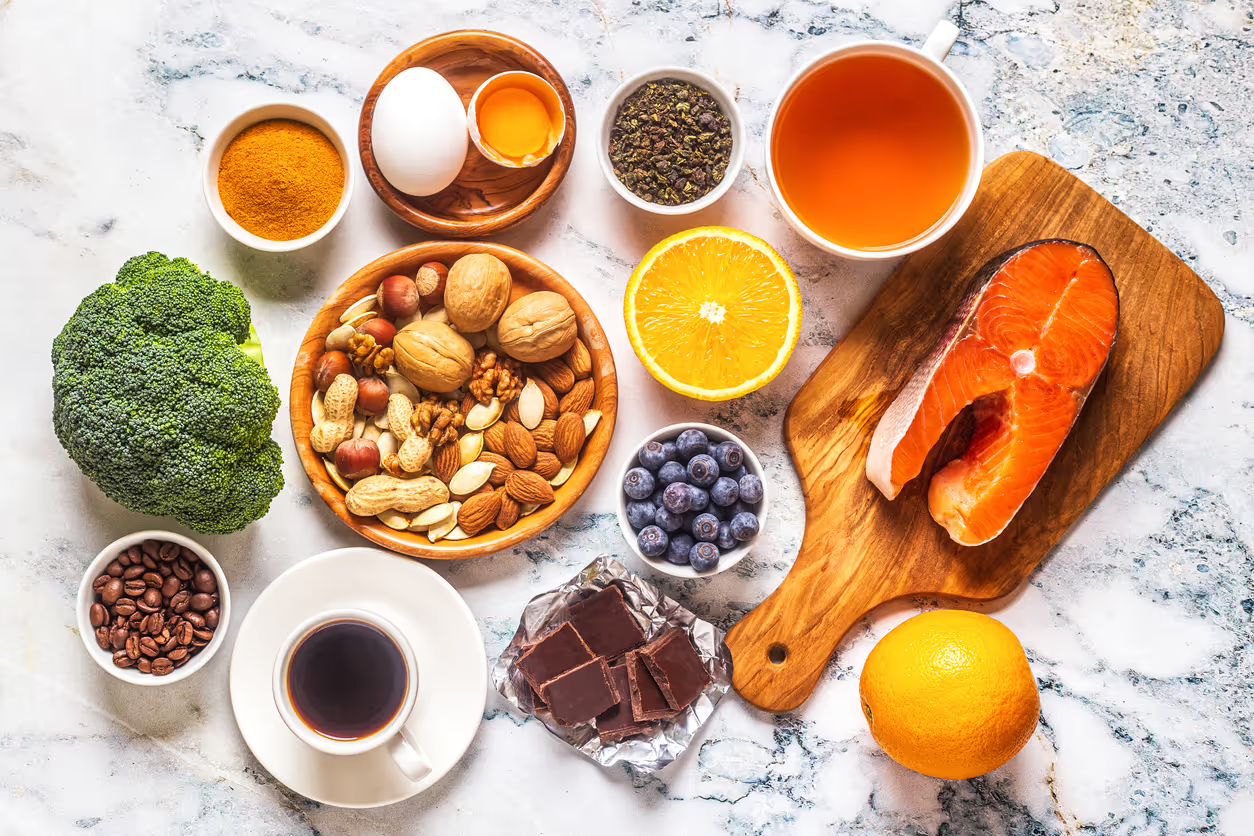Weight loss is hard, but our goal is to help make the process as easy—and efficient—as possible. That’s why we sometimes suggest beginning your weight loss journey on a partial meal replacement plan, while you work on building healthy eating skills. Not only are meal replacements quick and convenient, but research has actually shown they produce significantly greater weight loss results than conventional calorie-restricted diets with identical calorie content.
What is a meal replacement?
A meal replacement is a calorie-controlled, nutrient-dense, pre-packaged product (such as a shake, bar, soup, etc.) that is used to replace a meal or snack. Typically it is high in protein, but low in calories and carbohydrates, so you can intake fewer calories and lose weight without feeling hungry.
What makes meal replacement plans so effective?
- Convenience: Lack of time to prepare healthy meals is one of the biggest barriers to losing weight. Meal replacements are a great source of on-the-go nutrition because they’re easy to prepare and transport, plus they require no cleanup.
- Increased compliance: Meal replacement plans involve less decision-making, which can help prevent the temptation to indulge in higher calorie food choices. As such, it’s simpler to adhere to your diet plan.
- Eating pattern regulation: Since meal replacements are so convenient, you can eat them regularly throughout the day. This helps you remain energized and satisfied throughout the day, because you’re able to avoid long periods of time between meals.
- Calorie control: Meal replacements are an uncomplicated, precise way to accurately control the amount of calories, protein, carbs and fat you are consuming, which completely eliminates the need to weigh, measure, or estimate portion sizes.
At your initial consultation, your Form Health dietitian will discuss if a partial meal replacement plan is right for you, educate you on how to select the right type of meal replacements, and offer specific recommendations. There are so many products out there and choosing the right ones can be quite confusing and overwhelming. To make it easier, our dietitians have curated some of their favorite brands and flavors, which you can purchase in The Form Health Store.
Let’s take a look at one of our products:
Celebrate Fluffy Nutter Protein Bar

Calories: At Form Health, we don’t focus too heavily on calorie counting. However, we do offer general guidelines to help make label reading easier. Our recommendation for most people is to keep meals between 300-400 calories and snacks between 150-200 calories. At 160 calories, this protein bar is a good mid-afternoon snack option that will hold you over until dinner.
Carbohydrates & Fiber: We teach our patients to subtract the total fiber amount from the total carb amount to determine how many grams of their food will turn to sugar in their body. This practice refers to determining “net carbs”. This particular bar only contains 9 net carbs. To put that in perspective, one slice of bread (which only has 3g protein, no fiber, and is a lot less filling) usually contains about 15g net carbs. Not only are the net carbs in this bar low, but the fiber content is high. A high-fiber item contains at least 5g fiber/serving, and this bar has 7g. Fiber helps move food through our digestive tract (relieving bloating and constipation) and expands in the stomach to increase our sense of fullness. It also slows down the absorption of blood sugar, which can help manage cravings.
Protein: We recommend your meals contain at least 20g of protein and snacks contain at least 10g of protein. The power of protein is that it slows down digestion, which allows you to feel fuller longer. Protein has also been shown to increase the number of calories you burn each day and help preserve lean body mass. This bar has 15g of protein, so it’s likely to keep you satisfied for hours.
It’s important to note that while the use of meal replacements can help jumpstart your weight loss, it’s just one piece of the puzzle. For a variety of reasons, some of our patients choose not to use meal replacements at all, and that is perfectly fine! As a Form Health patient, you will work closely with your care team to develop an individualized treatment plan which will include a combination of nutrition, physical activity, behavior change, and medication if appropriate. Our end goal is to help you develop new healthy habits and transition to a diet filled with real, whole foods over time for sustainable, long-term weight loss.




